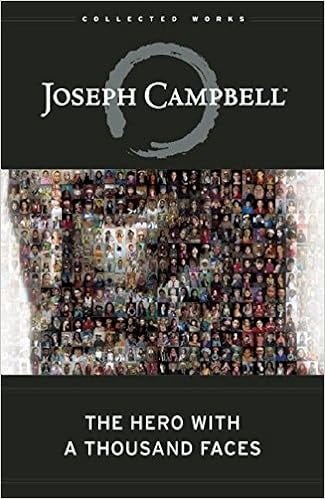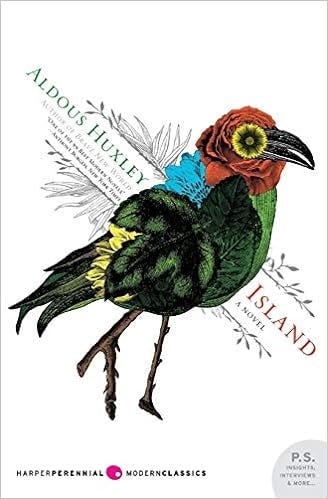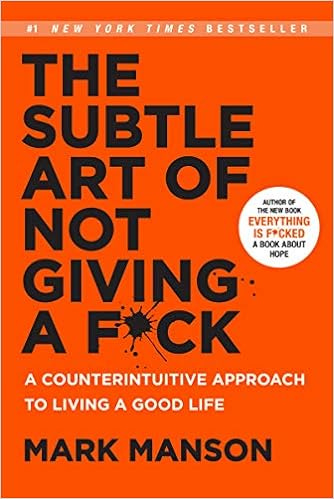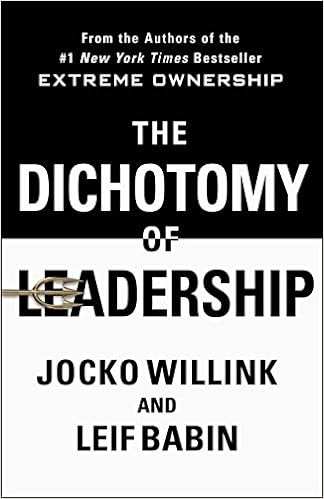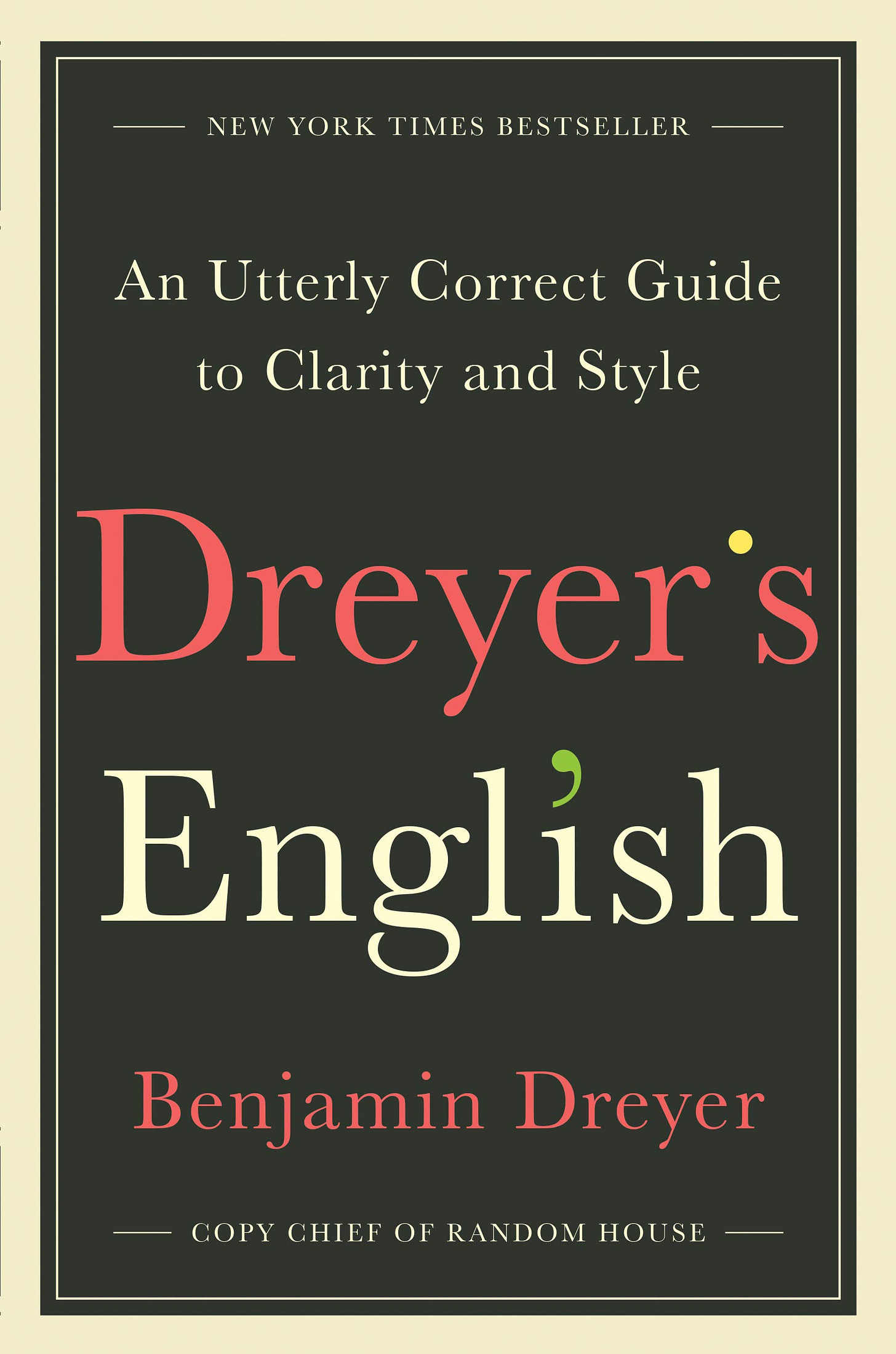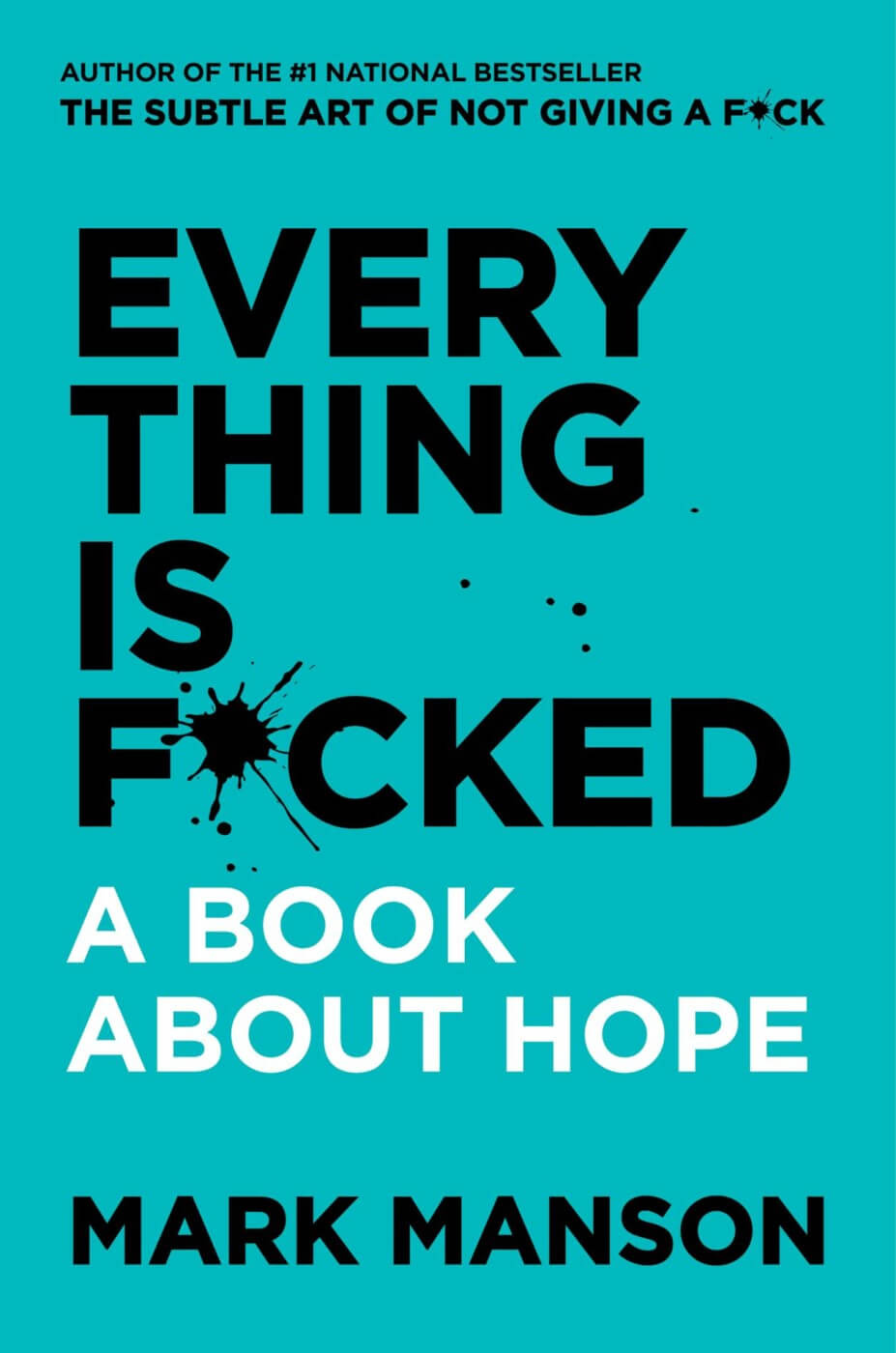
Everything I Read in September 2019
These are the books I read in September 2019. Self-help, mythology, writing tips, and a classic.
Self-help books usually say a lot of the same things, but with different colored book covers and different levels of profanity. Self-help isn't one of my favorite genres, though I do find myself going through more self-help books than I'd like to admit.
I try to fill in at least one classic novel per month, and this month Aldous Huxley took the bid. Reading Huxley's social criticisms and narrative (from the 1960s) gave a fictional context for the mythologies outlined in Joseph Campbell's book. These two then gave me a deeper understanding of myth, religion, and society before I tackled Mark Manson's two best-sellers, each rife with social criticism.
It was a good month of reading; here's everything I read in September 2019.
The Hero with a Thousand Faces by Joseph Campbell (1949)
Each and every story we have read, watched or listened to has ties to Campbell’s landmark work of comparative mythology. In this dense, illuminating work, Campbell explains how every adventure tale mimics the classic “Hero’s Journey” archetype.
With his analysis, we can see how our very own lives echo this story blueprint — moving from the known to the unknown, finding a mentor to light the way, crossing a threshold into a better, stronger iteration of our self. An excellent introduction to myth and storytelling.
Island by Aldous Huxley (1962)
Aldous Huxley is well known for Brave New World, his dystopian masterpiece that is often assigned as high school reading material.
Island, in my opinion, surpasses his magnum opus; it provides a brilliant assessment of society’s shortcomings in the contexts of religion, government, and family structure. Using the idyllic island of Pala, Huxley portrays his ideal society and it’s struggle to remain independent from the outside, flawed social structures of the outside, flawed world.
The island of Pala is populated with birds that constantly chirp "Attention" and "Here and now," and the Palanese reiterate that their highest value and priority is paying attention to the present-- living in the "here and now." Easily the best book I read this month.
The Subtle Art of Not Giving a F*ck by Mark Manson (2016)
One of the iconic self-help books of the last few years, Mark Manson delivers a practical, no-frills guide to developing competence and confidence in the modern world.
Manson argues that it is the struggles and challenges that we should seek out in order to instill our lives with meaning, rather than striving for expedient happiness and cheap thrills. Usually, I’m a bit hesitant to read books that toe the line of pop-psychology, though this one was a short, easy read with concrete takeaways.
The Dichotomy of Leadership: Balancing the Challenges of Extreme Ownership to Lead and Win by Jocko Willink and Leif Babin (2018)
“Leaders must find the equilibrium between opposing forces that pull in opposite directions.”
These two former Navy Seals now run the business leadership consulting firm, Echelon Front, where they distill leadership techniques from war into applicable philosophies for business professionals.
The book mixes dangerous stories from the front lines of Ramadi, Iraq with tales of boardroom meetings with CEOs. Personally, I didn’t find this book as valuable as Jocko and Leif’s previous book, Extreme Ownership, though the military perspective they provide offers a refreshing take on day to day responsibilities.
Dreyer’s English: An Utterly Correct Guide to Clarity and Style by Benjamin Dreyer (2019)
Benjamin Dreyer is the vice president at the publication, Penguin Random House, and his book expounds upon his nearly three decades of experience editing, reading, and writing at an elite standard of English.
Dreyer lists guidelines to clear prose and clean writing using sharp wit and sense of humor. Not since Stephen King’s On Writing have I enjoyed reading a book about writing this much. If you seek something like a funny yet cold-hard-truth about writing, start here.
Everything is F*cked: A Book About Hope by Mark Manson (2019)
After speeding through Manson’s first book The Subtle Art of Not Giving a F*ck, I felt obligated to read his newly released sequel, which is about a similar but altogether disparate realm of self-help.
Equally as witty and easy to read, Manson’s best-seller gives us hope in a (seemingly) hopeless era. Our technology, facilities, incomes, and educations are the best they’ve ever been in history, yet hopelessness seems to pervade everywhere.
Manson explains how modern conveniences have made life altogether easier, and that “too much of a good thing” has made us hopeless despite our circumstances. Hyper-efficient technologies and connectivity has made us faster, less grateful, and less happy because we now seek meaning in things that fail to bring about real happiness.
I liked this book better than it’s predecessor; Manson’s delivered another practical quick-hitter.
If you are unsure of what to read or where to find books, my Essential Reading List is a good place to start.



